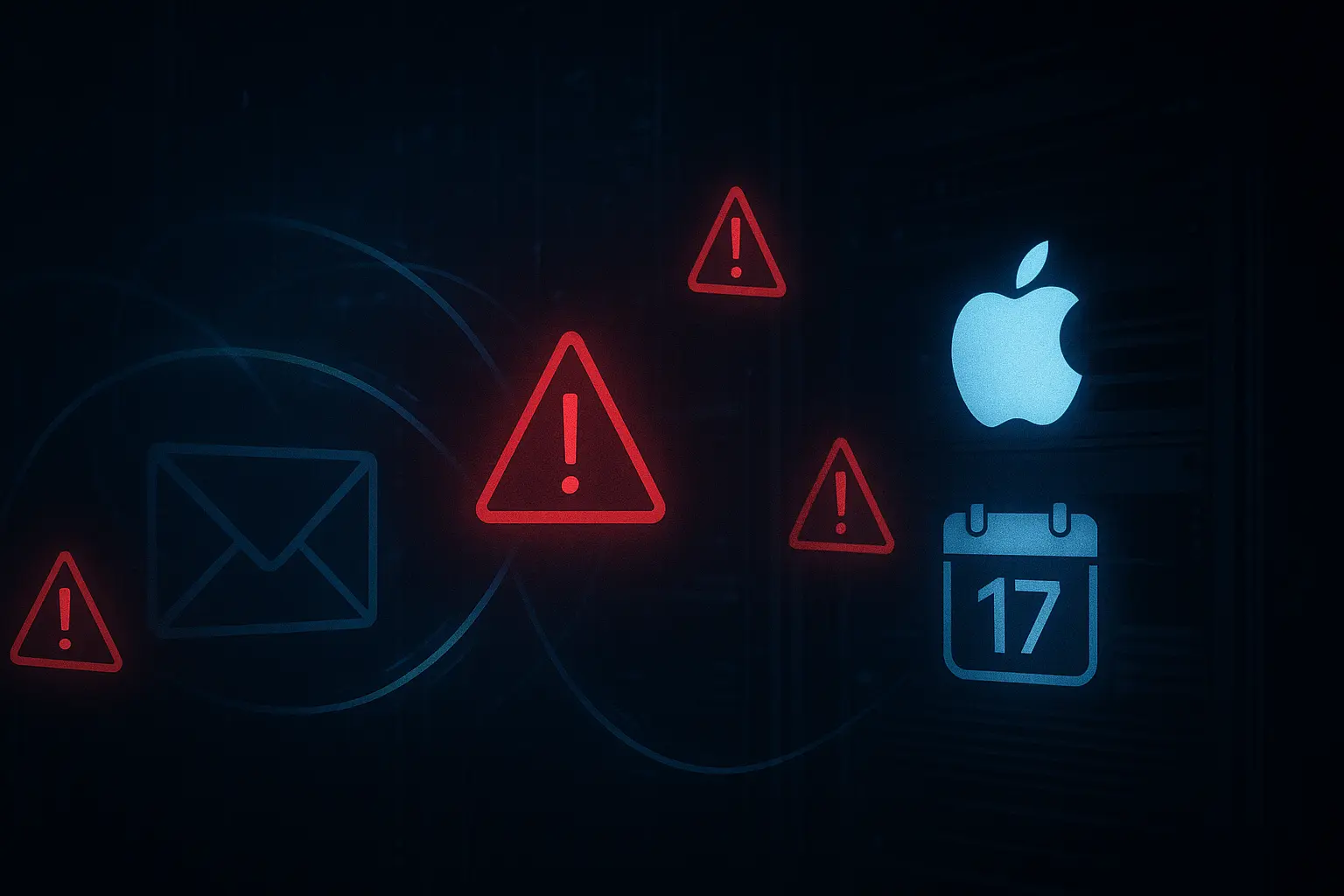The iCloud Calendar phishing campaign shows how attackers abuse Apple’s trusted infrastructure. Criminals managed to send phishing emails through Apple servers, using iCloud Calendar invites as their delivery method. This unusual technique increases the credibility of the scams.
How the Attack Works
Phishing campaigns usually rely on compromised email servers or spoofed addresses. In this case, attackers abused iCloud Calendar, which allows sharing invitations by email. Instead of sending normal calendar invites, criminals embedded phishing content into these requests.
The phishing emails came directly from Apple’s servers. Because of this, security filters often failed to flag the messages. Victims who received the invitations were more likely to trust them due to Apple’s reputation.
Impact on Users
Users targeted in the iCloud Calendar phishing campaign risked exposure to credential theft and malware downloads. The emails typically contained links to malicious sites disguised as Apple login pages. Unsuspecting recipients could easily hand over sensitive details, including passwords and payment information.
The attack also undermines trust in Apple’s services. If cybercriminals can abuse iCloud Calendar, similar weaknesses may exist across other platforms that handle invitations or shared content.
Security Industry Response
Researchers quickly alerted Apple to the abuse. They emphasized that even secure and reputable services can be manipulated. The case demonstrates how criminals turn collaboration tools into attack channels, bypassing traditional email security.
Experts recommend closer monitoring of calendar invitation systems. Companies should also consider blocking external invites or applying stricter filtering rules until permanent solutions are in place.
Protecting Against Phishing Emails
To reduce the risk of falling victim, security experts recommend:
- Scrutinize calendar invites – Do not click links in unexpected or suspicious invitations.
- Verify sender identity – Check whether an invite genuinely comes from a known contact.
- Enable multi-factor authentication – MFA helps secure accounts even if credentials are stolen.
- Report suspicious messages – Notify IT teams or providers of suspicious invites to limit exposure.
Conclusion
The iCloud Calendar phishing campaign illustrates how criminals innovate by targeting trusted services. By exploiting Apple’s servers, attackers increased the success rate of their phishing attempts. This discovery is a reminder that users and organizations must remain cautious, even when messages come from reputable platforms. Ongoing vigilance, layered security, and education are essential to defend against these evolving threats.


0 responses to “iCloud Calendar Phishing Campaign Exploits Apple Servers”